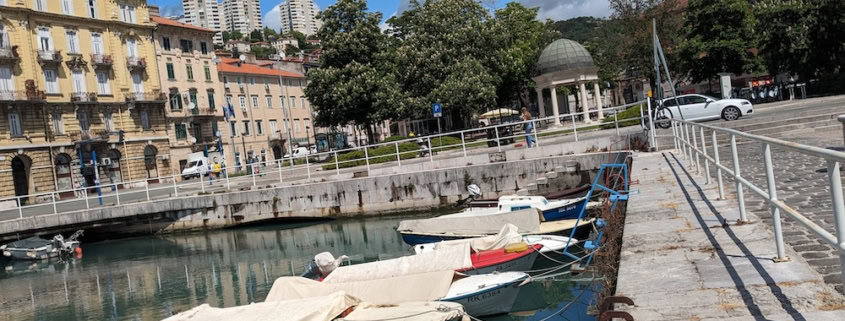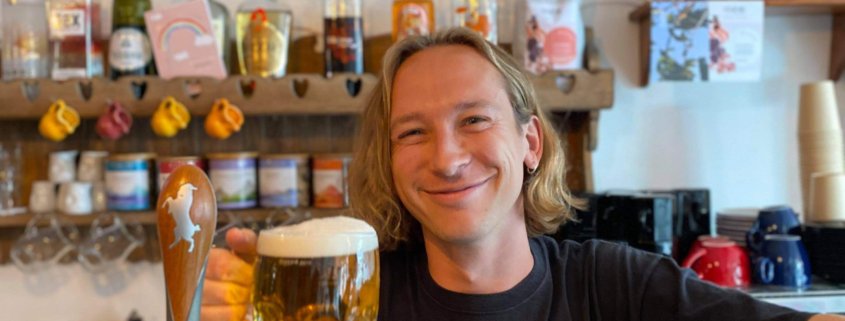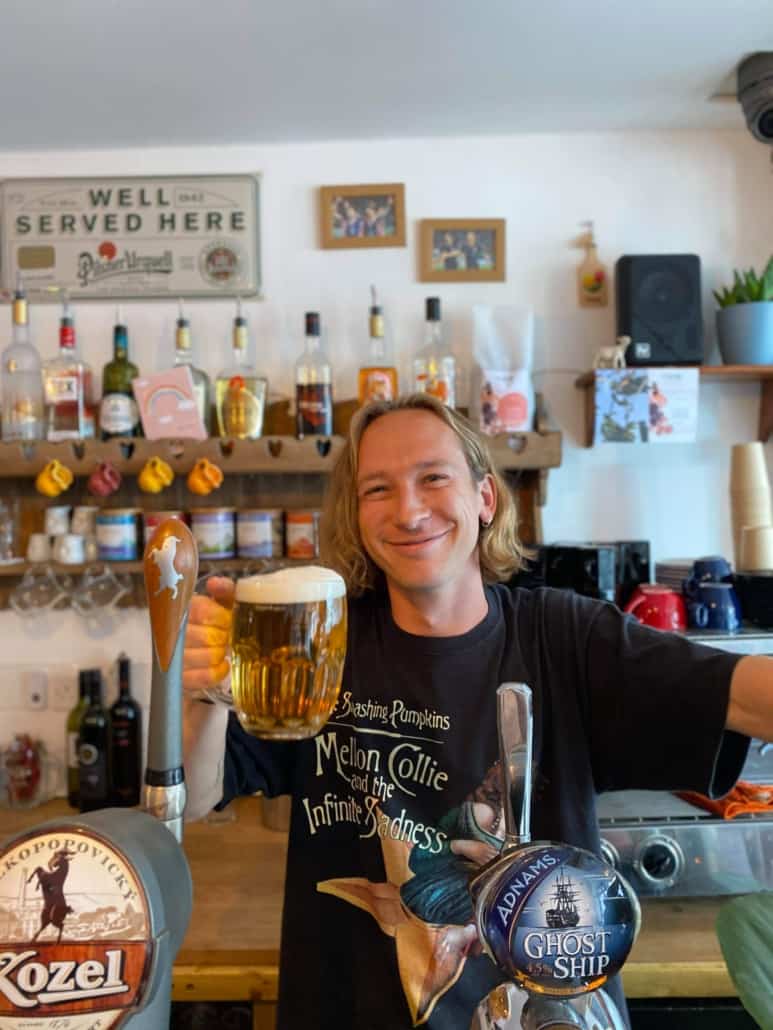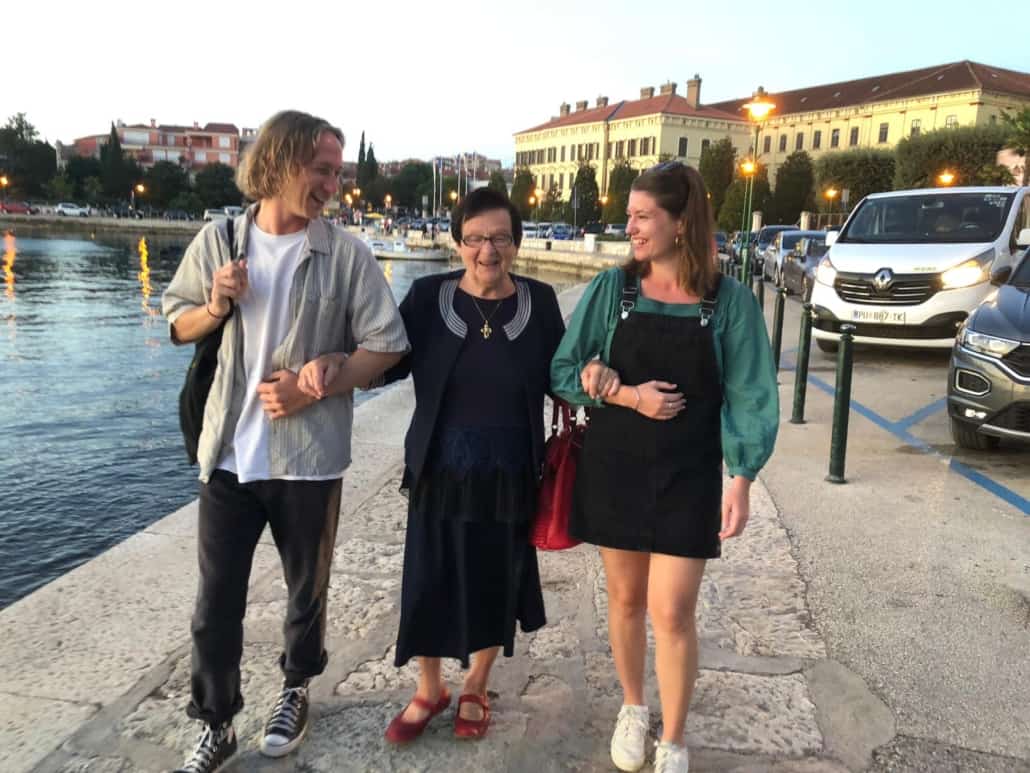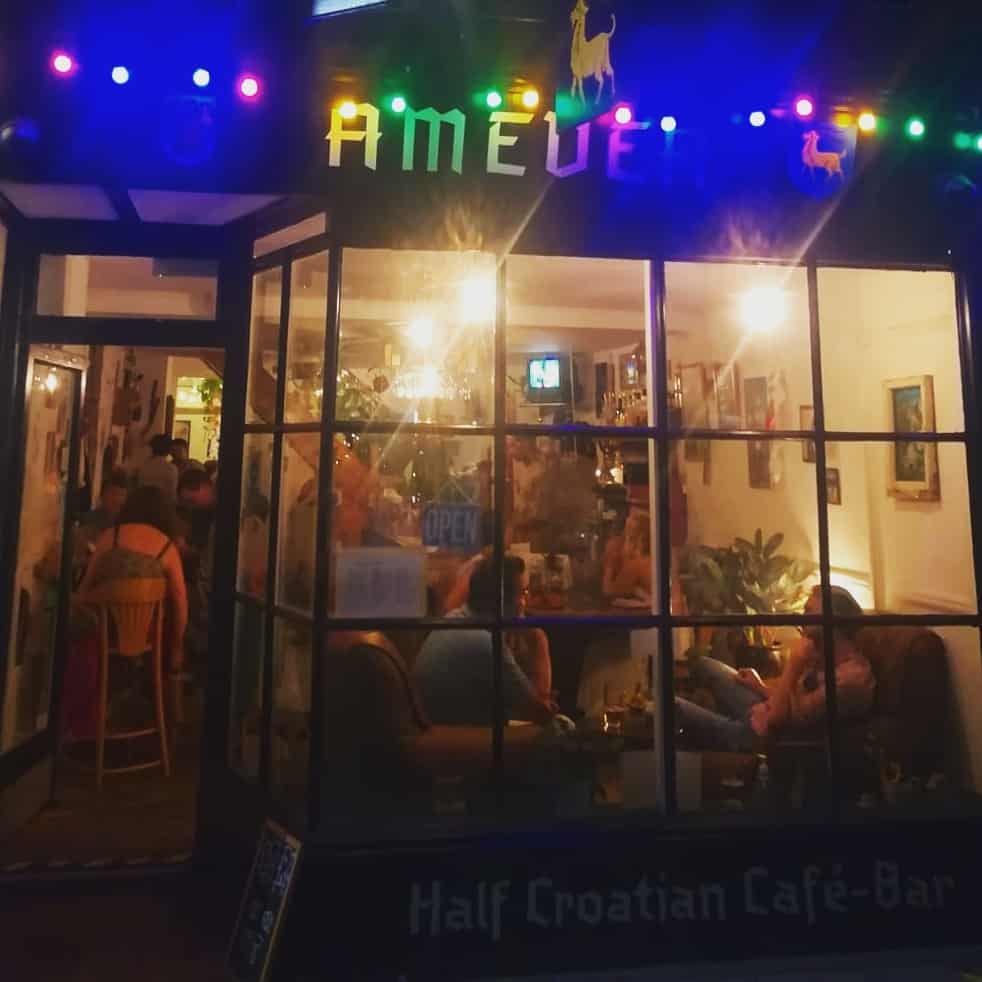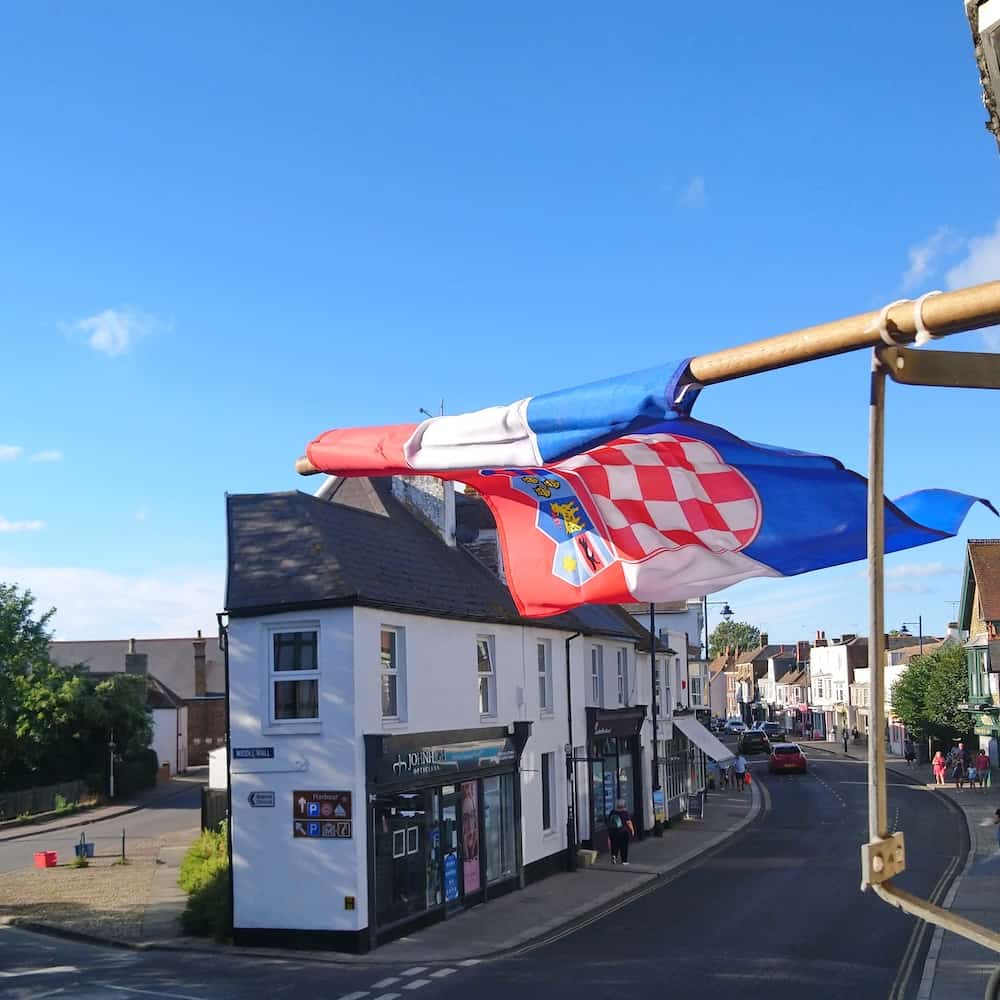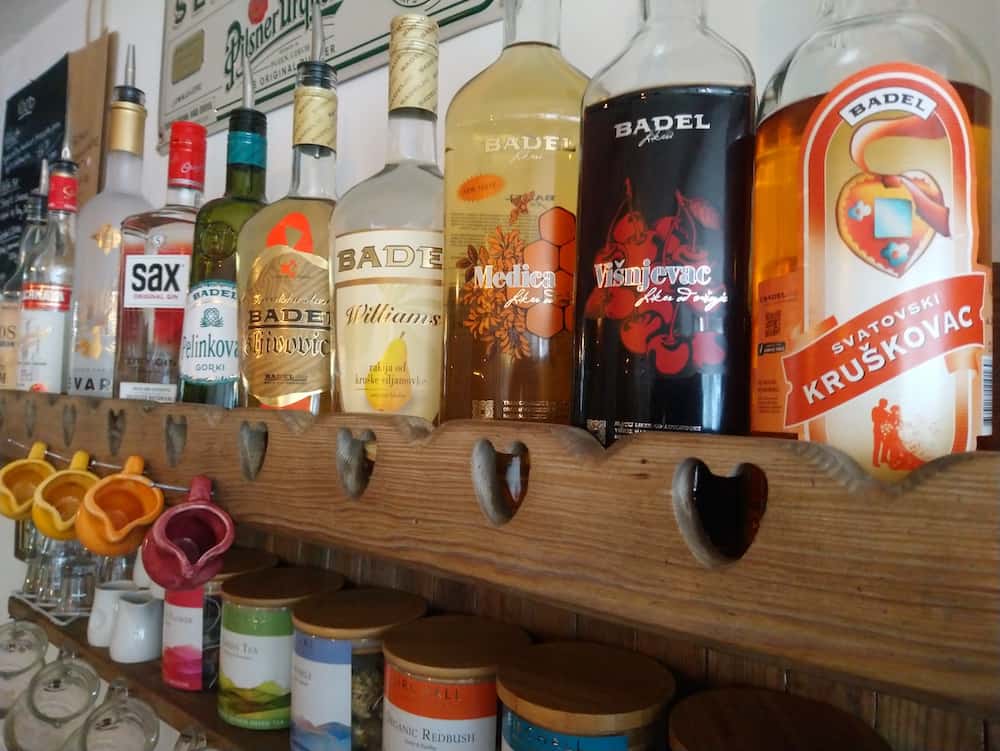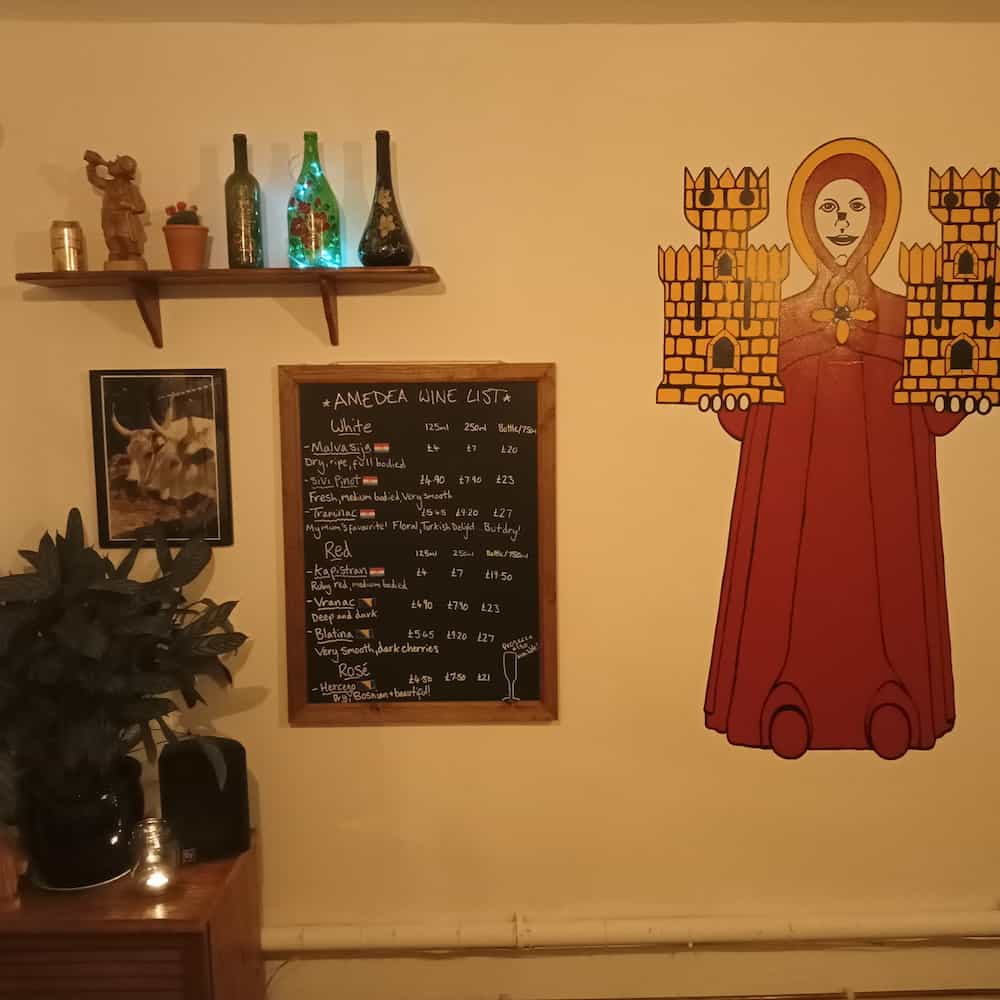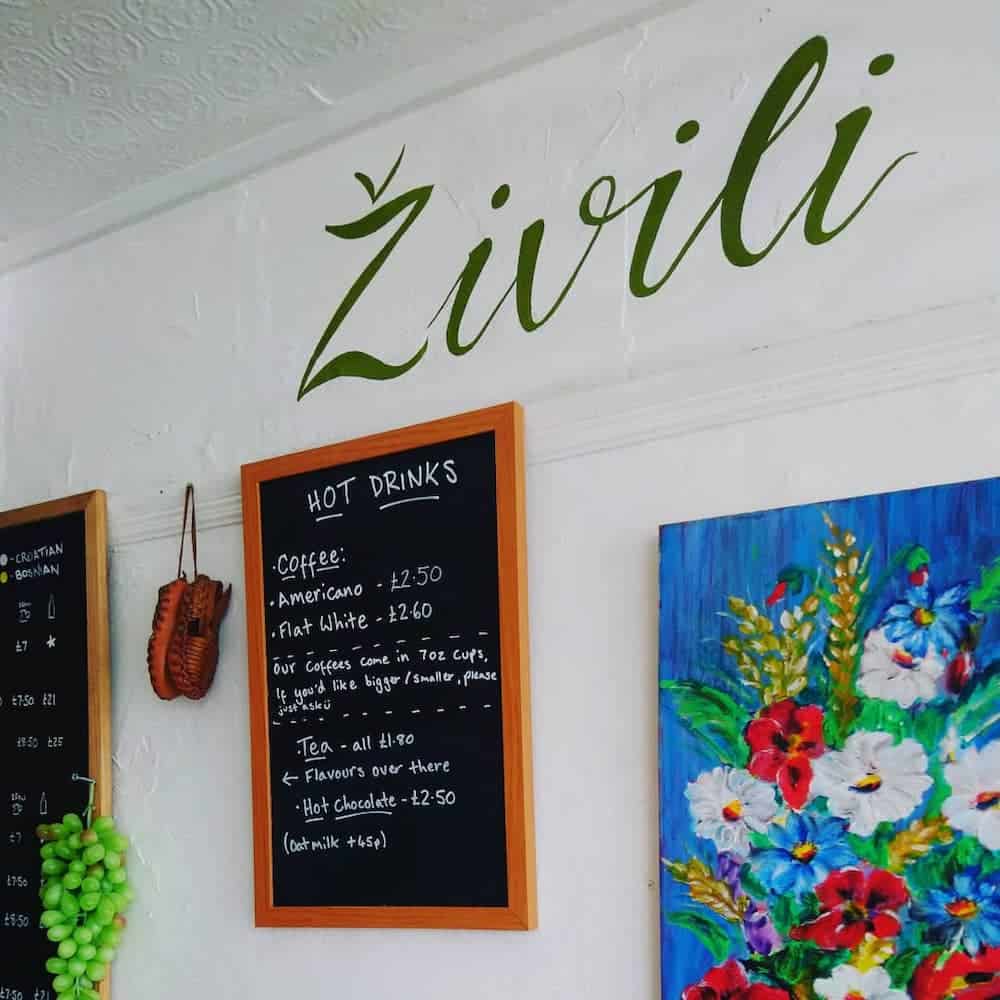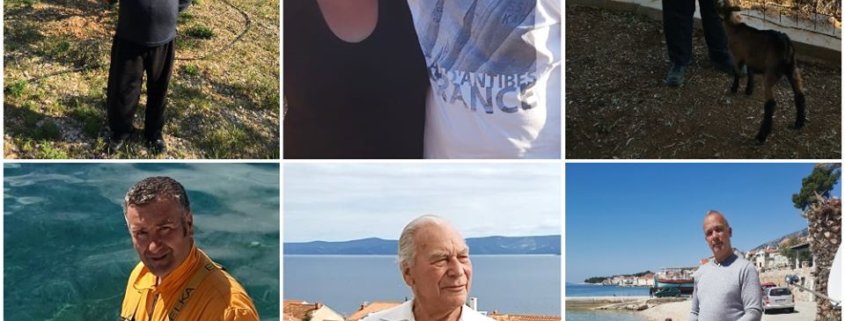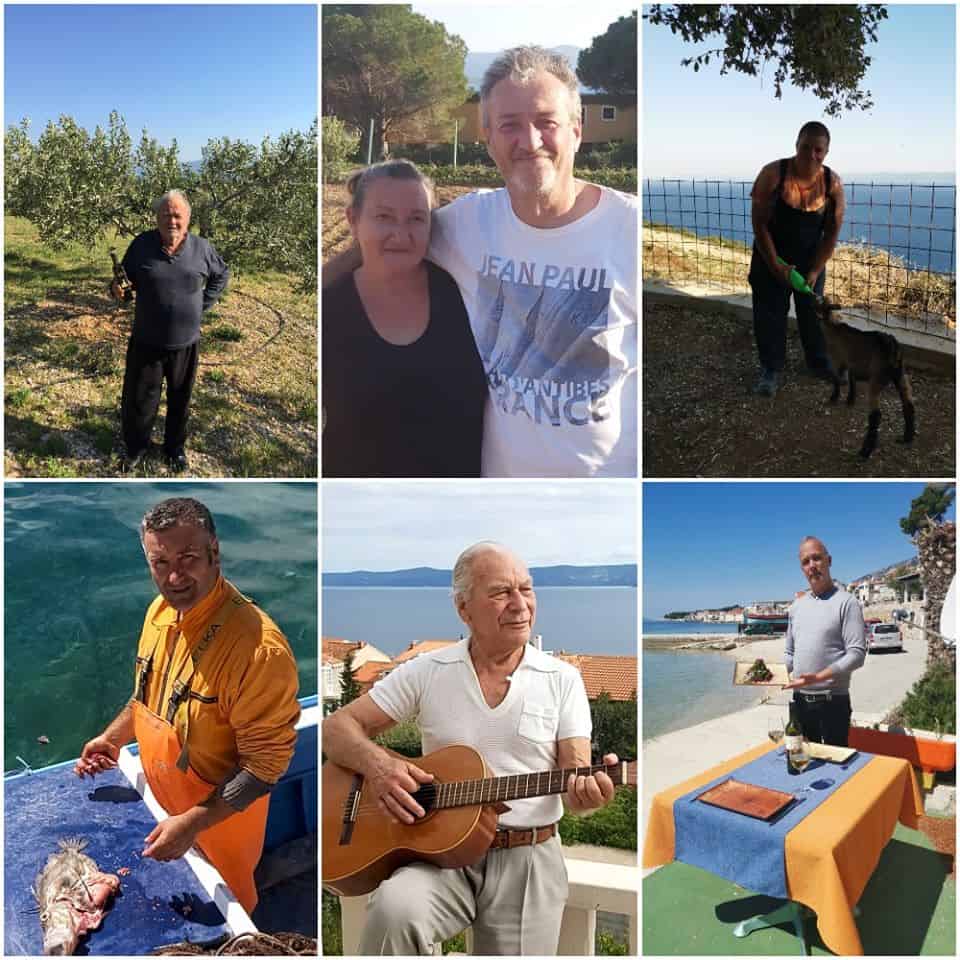The Sound of Rijeka
John Clayton is a UK citizen who has been living in the coastal city of Rijeka for 15 years. Following on from his previous posts on Open Water Swimming in Croatia and Outdoor Easter in Rijeka, John talks about Rijeka’s fascinating history and an unusual connection with The Sound of Music.
Rijeka’s connection with The Sound of Music
Have you ever wondered about the mother of the children in The Sound of Music? No? me neither, at least not until I discovered that she was from Rijeka, in northern Croatia, where I live.
It is hard to spend time in Rijeka without being made aware that the torpedo was invented here. It was born out of the cooperation between a local naval officer, Giovanni Luppis, and a British engineer living in Rijeka, Robert Whitehead in the 1880s. As a brilliant engineer, Robert Whitehead was able to turn Luppis’ idea into a reality and as a savvy businessman, able to make a fortune out of it. He became incredibly wealthy and his granddaughter, Agathe Whitehead, inherited most of his wealth. As a rich and local celebrity, she was launching a ship in 1909 when she was introduced to a certain Georg von Trapp. So, yes, the Sound of Music Family was from Croatia.
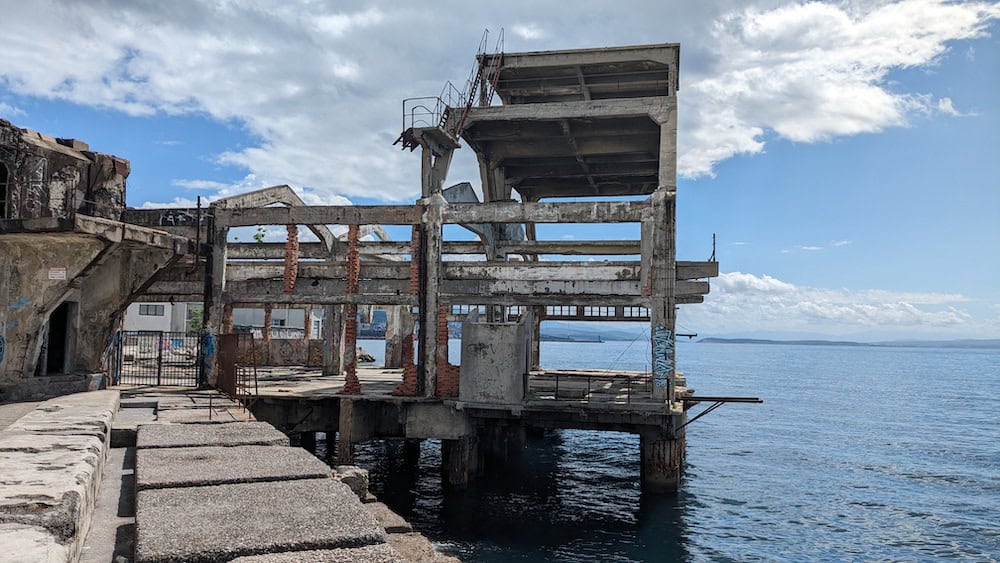

Tragically in 1922, Agathe died of scarlet fever shortly after giving birth to seven children. I am sure I don’t need to tell you the story of the seven children…
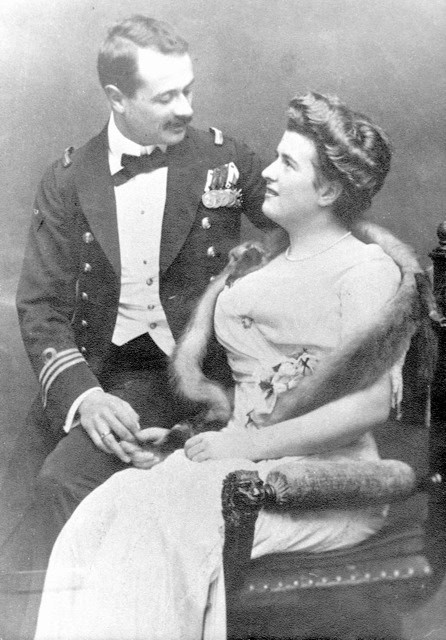
A turbulent history
While this may be perhaps the most surprising, and still almost unknown, historical link in Rijeka, the city has a dramatic and turbulent history. As a natural deep water port, it has been fought over many times, particularly since the demise of the Austro-Hungarian empire. It has been part of at least, depending on how you count, eight different countries just within the 20th century. These include the first Yugoslavia, Italy, an Independent fascist state in World War Two, to the second Yugoslavia and independence in 1991.
Perhaps one of the most interesting, if briefest, was as a tiny city-state for 15 months in 1919-1920. During the chaos following the end of WWI, the city was seized by the eccentric Italian poet and nationalist Gabriele D’Annunzio. As an Italian-speaking city, he hoped that Italy would annex Rijeka, known as Fiume in Italian. Both words mean “river” in Croatian and Italian respectively. Ironically he would eventually be chased out by Italian forces who protected its independence. However, in this short period, D’Annunzio established a constitution along with many of the rituals which would inspire Benito Mussolini. Along with Blackshirts, he introduced the balcony address and the fascist salute.
While understandably Rijeka is not keen to promote itself as the birthplace of fascism, it is less ashamed of its communist past. Before Croatian Independence in 1991, almost every Yugoslav town had streets and squares named after Tito. Most have since been renamed, but Rijeka retains its Tito Square, literally on the river where the city was divided between Italy and the first Yugoslavia in the inter-war period. Perhaps this reflects the long association Tito enjoyed with Rijeka. It was the place where he was first detained by the authorities back in 1924, his punishment for organising strikes in the shipyard at nearby Kraljevica. He returned in 1946 as President of Yugoslavia when the city was reunited, giving a famous speech in what was yet to be named Tito Square.

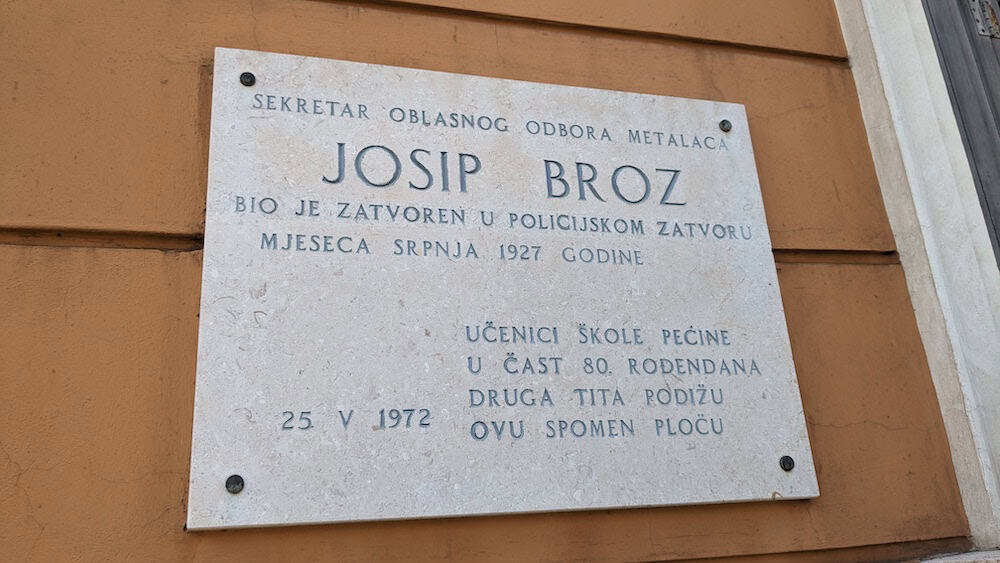
Before the 20th century, there was of course plenty of history, the Romans were here, and more recently, Napoleon’s troops. According to legend, Napoleon’s forces were chased out by the British Navy with just one cannonball being fired. Legend has is that a local beauty beguiled the British naval commander with her charms to save the city from severe destruction. The lone cannonball can be seen lodged in the wall of the local cathedral – not that this particular story is to be taken too seriously.
Rijeka today
Today it would be easy to forget all this turbulence and turmoil when sipping a cappuccino on the Korzo, the lively main pedestrian street. The violence and instability are over, with its citizens not having changed nationality for 33 years already. However Rijeka remains a strategically important port both for Croatia and Hungary, and nearby Omišalj is a major import terminal of Liquid Natural Gas for the EU.
So if you find yourself in Rijeka, exploring the many historical sights, you might want to quietly sing to yourself “Doe a deer, a female deer…” and secretly smile knowing you are in the birthplace of this famous family that brought so much pleasure to the world.

